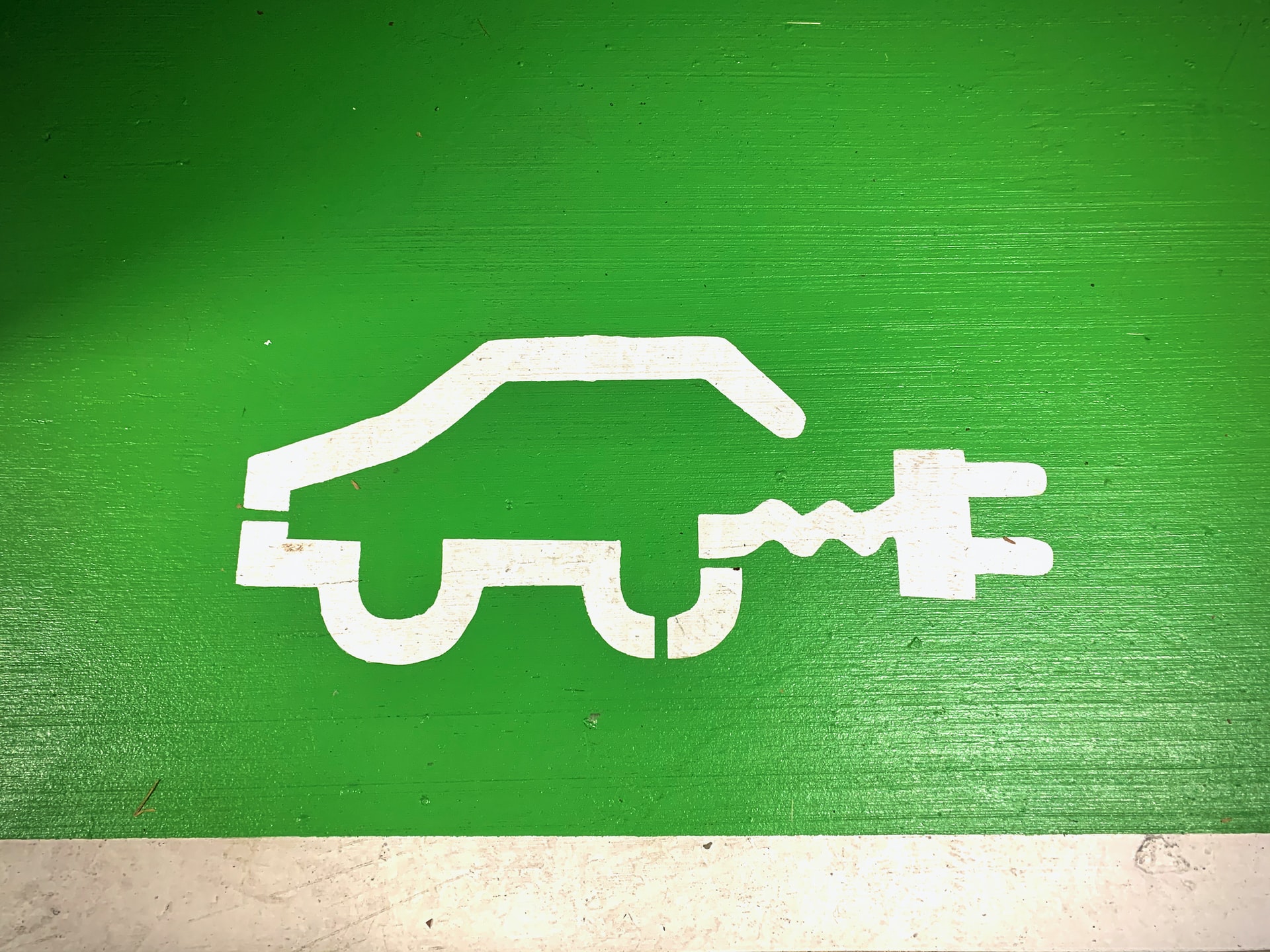Stellantis, Gm, Nissan, Bmw, Toyota. Who adheres and who does not to the agreement on zero-emission cars

A major agreement is announced at COP26 for the phasing out of fossil fuel vehicles. But many countries and companies stay out. Here are the positions of the car manufacturers
During COP26, the Glasgow climate conference, an international agreement was announced to phase out fossil fuel-powered vehicles by 2040: from that date – or even 2035, in some markets – all new vehicles sold they will have to be battery or hydrogen.
While not legally binding, the agreement represents a significant step forward for the automotive industry's transition to electric or, more generally, low-emission mobility.
WHO SIGNED IT …
The declaration, called the Glasgow Declaration on Zero Emission Cars and Vans , was signed by thirty countries: among them are the United Kingdom, the Netherlands, Poland, Norway, Sweden, Canada and India. Six car manufacturers have also joined: the American Ford and General Motors, the German Mercedes-Benz, the Swedish Volvo, the Chinese BYD and the British Land Rover. There is also Uber, the American private transport company with driver.
… AND WHO NOT
However, it was absences that weighed more than presences. In fact, the agreement was not signed by the governments of the United States, China and Japan – three of the largest automotive markets in the world. There is also a shortage of major car manufacturers such as Volkswagen, Toyota, Stellantis, BMW, Nissan, Hyundai and Honda.
SOME DATA
The automotive manufacturers who signed the declaration are worth about a quarter of world sales in 2019. Globally, the transportation sector accounts for one fifth of humanity's carbon dioxide emissions; less than half of this value, however, comes from cars or vans, objects of the Glasgow agreement.
The signatory country that stood out most was India: both because it is the fourth largest car market on the planet, and because it had made no previous commitment to eliminate vehicle emissions.
Although the United States is not present, the pact was signed by the authorities of the states of California, New York and Washington, governed by the Democratic Party. Moreover, California and New York had already set themselves similar goals.
RESISTANCES
A source told Reuters that carmakers who did not join the deal are concerned about the costs of electric mobility technologies (batteries, first of all, although they have become 80 percent cheaper since 2013) and due to the lack of clear commitment by governments to ensure adequate development of recharging infrastructures: the scarce availability of recharging points is still one of the main obstacles to the spread of these cars.
THE POSITIONS OF THE AUTOMOTIVE HOUSES
Like many other automakers, Volkswagen also plans to invest tens of billions of dollars in electrifying its vehicle offering (80 new electric models by 2025) and building battery factories. Nonetheless, he did not join the Glasgow agreement, explaining that he had to take into account the "different speed" of development of the "regions" and the "different local prerequisites": the group's priority is in fact to manage the large German plant in Wolfsburg, with over 50 thousand workers.
Stellantis, the fourth largest car manufacturer in the world, is also missing from the agreement although it is focusing on electric mobility. It has drawn up a 30 billion euro investment plan by 2025 dedicated to precisely this. It will build three battery factories in Europe and two in North America, aiming to have over 260 gigawatt-hours of capacity by 2030. By then, it wants low-emission cars to account for more than 70 percent of its sales in Europe. more than 40 percent in the United States. He expects to reach cost parity between a gasoline and an electric car by 2026.
Toyota, the carmaker that sold the most in 2020, said it wanted to sell fifteen electric models by 2025, but it has always held reservations on technologies for electric mobility, continuing to develop those for hydrogen cars (as of today , not established on the market).
General Motors, on the other hand, signed the statement: in January it had already made a public commitment to cease sales of new gasoline-powered cars and light vans by 2035. Similarly, Volvo wants its entire car offering to be electric by 2035. 2030. Ford's commitment, on the other hand, is more relevant: before joining the Glasgow declaration it had said it expected that by 2030 only 40 per cent of its offer would be electric.
This is a machine translation from Italian language of a post published on Start Magazine at the URL https://www.startmag.it/smartcity/accordo-glasgow-auto-zero-emissioni/ on Thu, 11 Nov 2021 09:10:14 +0000.
